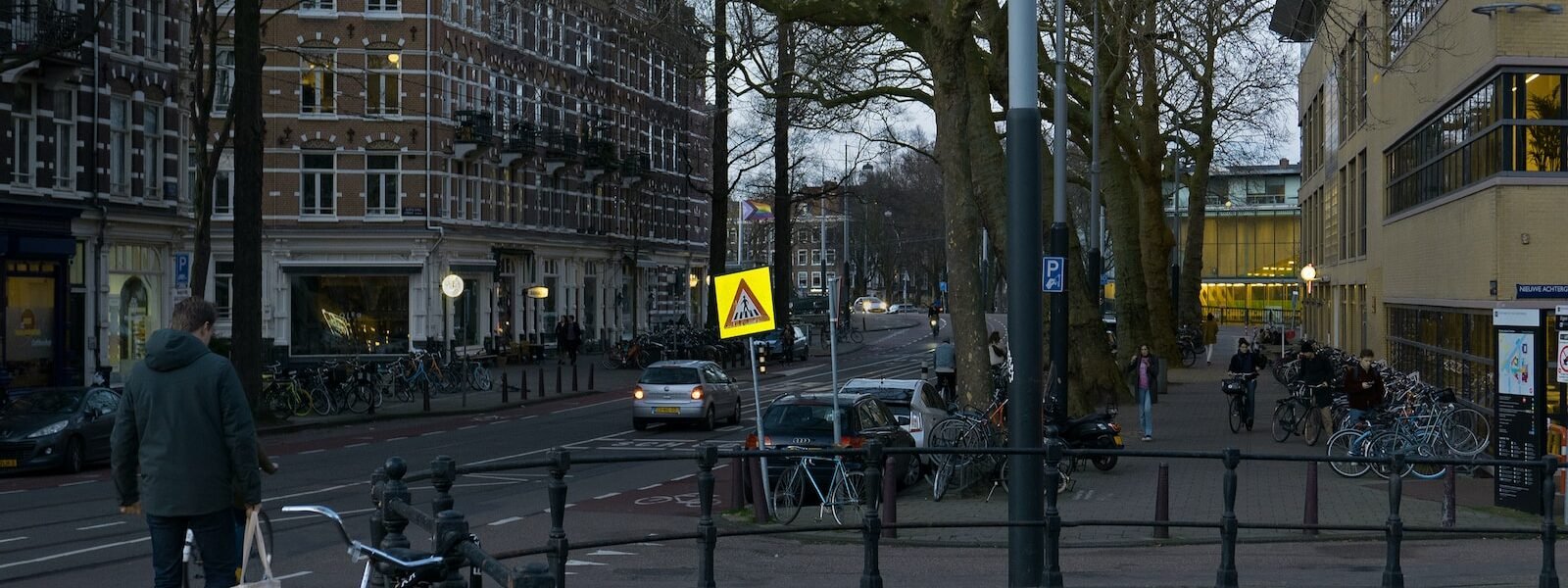In a move that has stirred both controversy and compliance, short-term rentals in New York City are now under the regulatory spotlight. The Big Apple recently implemented new restrictions, making it the latest in a series of cities to address the challenges posed by platforms like Airbnb and Vrbo.
New York City’s Regulatory Rollout
The Mayor’s Office of Special Enforcement (OSE) initiated the enforcement of these new rules on September 5th. Under these regulations, individuals offering short-term rentals must register with the OSE and adhere to strict guidelines. Notably, hosts are prohibited from renting an entire dwelling unit for less than 30 days. Furthermore, booking platforms like Vrbo and Airbnb are forbidden from facilitating transactions for unregistered short-term rentals.
Christian Klossner, the OSE Executive Director, emphasized that these regulations provide clarity for law-abiding hosts while safeguarding travelers from illegal and unsafe accommodations. These measures aim to curtail the proliferation of illegal short-term rentals that have plagued the city.
Airbnb’s Opposition
However, not everyone is on board with the new rules. Theo Yedinsky, Airbnb’s Global Policy Director, voiced concerns about the potential impact on tourism and New Yorkers in outer boroughs who rely on home sharing for additional income. Yedinsky argued that the restrictions would limit accommodation options for millions of potential visitors, sending an unwelcoming message to those considering a trip to the city.
A Nationwide Trend
New York City is not alone in its quest to regulate short-term rentals. Other cities, such as Palm Springs, San Francisco, and Burlington, have already enacted their own set of restrictions, each with its unique approach.
Palm Springs’ Rental Ordinance
Palm Springs has taken a proactive stance, prohibiting short-term rentals without proper registration. Owners are subject to limits on the number of guest stays per calendar year. The ordinance, implemented in late 2022, allows owners who applied after October 17th, 2022, a maximum of 26 contract stays annually. Existing permits and those sought before that date enjoy a slightly higher limit. Additionally, the city imposed restrictions on the density of short-term rentals within neighborhoods, capping it at 20%.
San Francisco’s Residency and Registration Rules
Meanwhile, in San Francisco, hosts must adhere to regulations related to permanent residency and registration. Hosts are required to meet a 275-day residency requirement in the location they intend to rent on a short-term basis. In addition, the city limits short-term rental operators to a maximum of 90 un-hosted nights within a calendar year. Furthermore, hosts must obtain a business registration certificate, a process that comes with a $750 fee.
Burlington’s Tax and Residence Requirement
In 2022, Burlington, located in northwestern Vermont, introduced new rules for short-term rentals. Under this law, the city imposes a 9% tax on short-term rental revenue. Owners must also register their short-term rentals with the city, subject to an annual fee. Furthermore, Burlington stipulates that short-term rentals must either be part of the host’s primary residence or located on the same property in most cases.
In summary, as short-term rentals continue to reshape the hospitality landscape, major cities are responding with a variety of regulatory measures. While these rules aim to address concerns related to safety, taxation, and neighborhood harmony, they also spark debates about their impact on tourism and the livelihoods of hosts. As cities strive to strike a balance, the future of short-term rentals remains a hot topic in urban policy discussions.
Download our app MadbuMax on the Apple App Store for the latest news and financial tools. Interested in getting your finances in order do not forget to check Dr. Paul Etienne’s best-seller book on personal finance. To access more resources, tools, and services please click here. Also, do not forget to follow Dr. Etienne on IG or Twitter.





